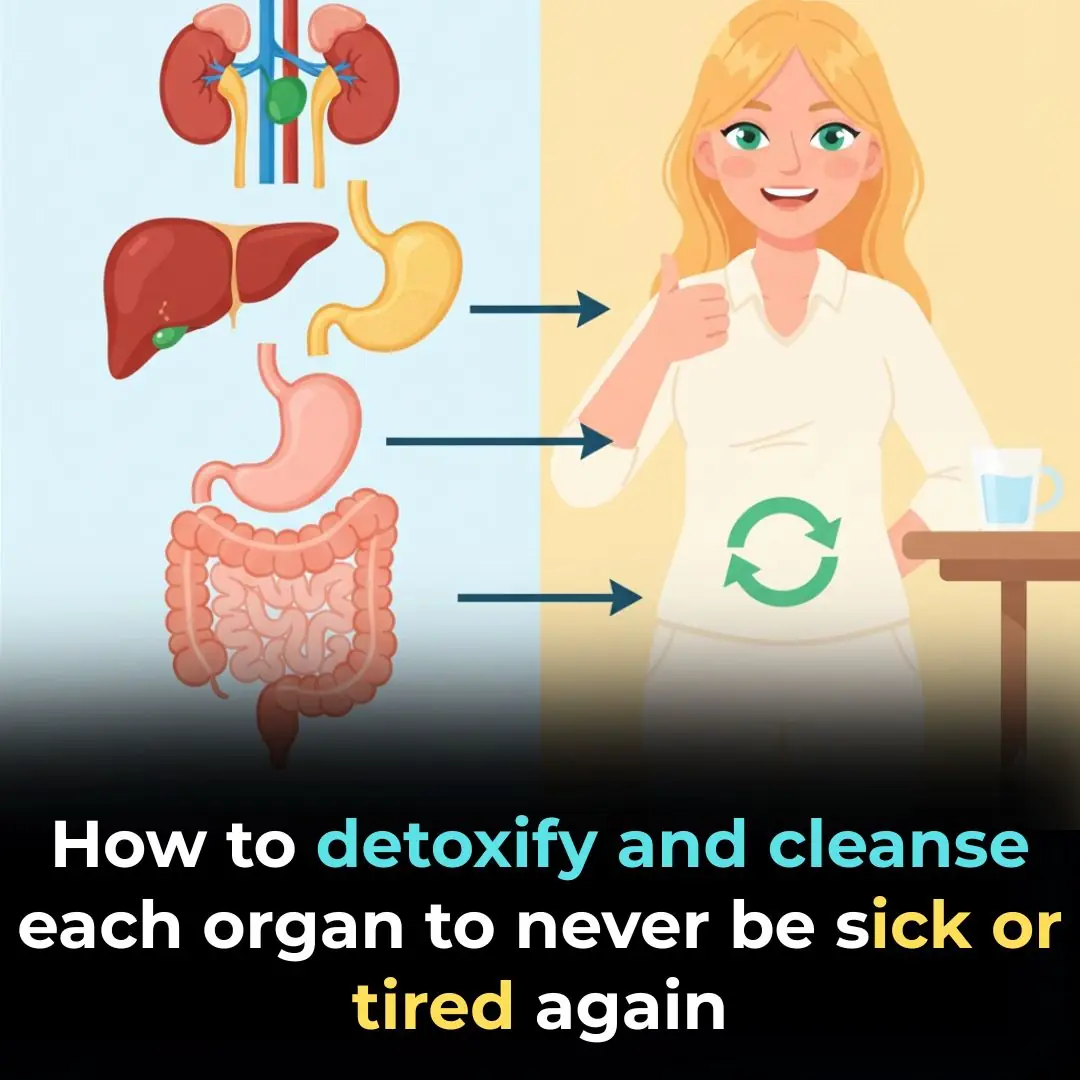
American doctor shows how to remove pesticides and dirt from fruits, just a few steps to reduce illness for the family
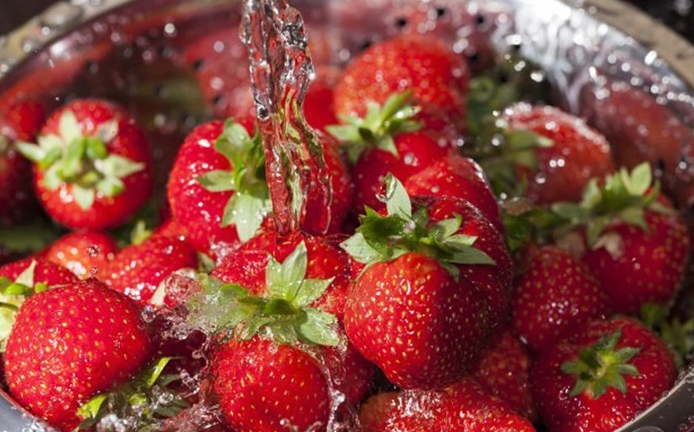
Fruits Often Contain Pesticides, So Follow These Steps Before Eating Them
Eating fruits every day provides numerous health benefits due to their high nutrient content. Fruits are the main source of vitamin C, vitamin A, potassium, folate, and various plant compounds, which help boost the immune system, slow down the aging process, and prevent chronic diseases such as heart disease, diabetes, and cancer.
In addition, the fiber in fruits helps with digestion, prevents constipation, and maintains stable blood sugar levels. Regular consumption of fruits also helps in maintaining a healthy weight due to their low calorie content, and the natural water content contributes to skin health, keeping the body radiant.
However, many types of fruits are sprayed with pesticides to protect them from pests. If not thoroughly washed, consuming these fruits can lead to health issues. So, what should we do to ensure safety when eating fruits?
Harmful Effects of Eating Fruits Contaminated with Pesticides
According to Tim Tiutan, an internal medicine doctor currently working in the U.S., pesticides typically contain harmful chemicals such as organophosphates, carbamates, or organochlorines. When ingested, these chemicals can cause digestive disorders, headaches, dizziness, nausea, and even damage to the liver and kidneys.
Over time, these substances can accumulate, affecting the central nervous system and causing hormonal imbalances. This can increase the risk of infertility, miscarriage, and birth defects in pregnant women.
In addition, some people may be allergic to pesticides, causing skin rashes, itching, dermatitis, or respiratory allergic reactions such as coughing, runny nose, and difficulty breathing after eating contaminated fruits.
Furthermore, some studies have shown a link between pesticides and the development of cancers such as leukemia, prostate cancer, and breast cancer. Children, with their still-developing immune systems, are particularly vulnerable to the harmful effects of pesticides.
Additionally, the neurotoxic substances in pesticides can impact memory, concentration, emotional disturbances, and even increase the risk of developing Parkinson's disease or Alzheimer's if there is prolonged exposure.
How to Clean Fruits Effectively
Dr. Tim emphasizes that washing fruits should always be the first and most important step before eating them. To remove most pesticide residues, rinse them under running water. Gently rub the surface or use a soft brush for effective cleaning.
For fruits with thicker skins, such as apples, rinse them quickly and soak them in solutions like vinegar or salt water to eliminate some pesticides. Afterward, rinse them again under clean water for safety.
“At my house, I usually rinse the fruits first, then soak them for 10 minutes in a cup of vinegar mixed with 3 cups of water. I then add a bit of baking soda and let them soak for a few more minutes, before rinsing them clean, drying them, and storing them in the refrigerator,” Dr. Tim shared with the media.
Additionally, rice water is a folk remedy that many people use to clean fruits. Rice water can help remove dirt and some residual chemicals from the surface. Soak the fruits for 10 minutes, then rinse them with clean water.
Currently, there are many natural vegetable washes available in the market (e.g., made from lemon, cinnamon, lemongrass, etc.) that help clean fruits more effectively, especially for hard-to-clean fruits like grapes and strawberries.
News in the same category

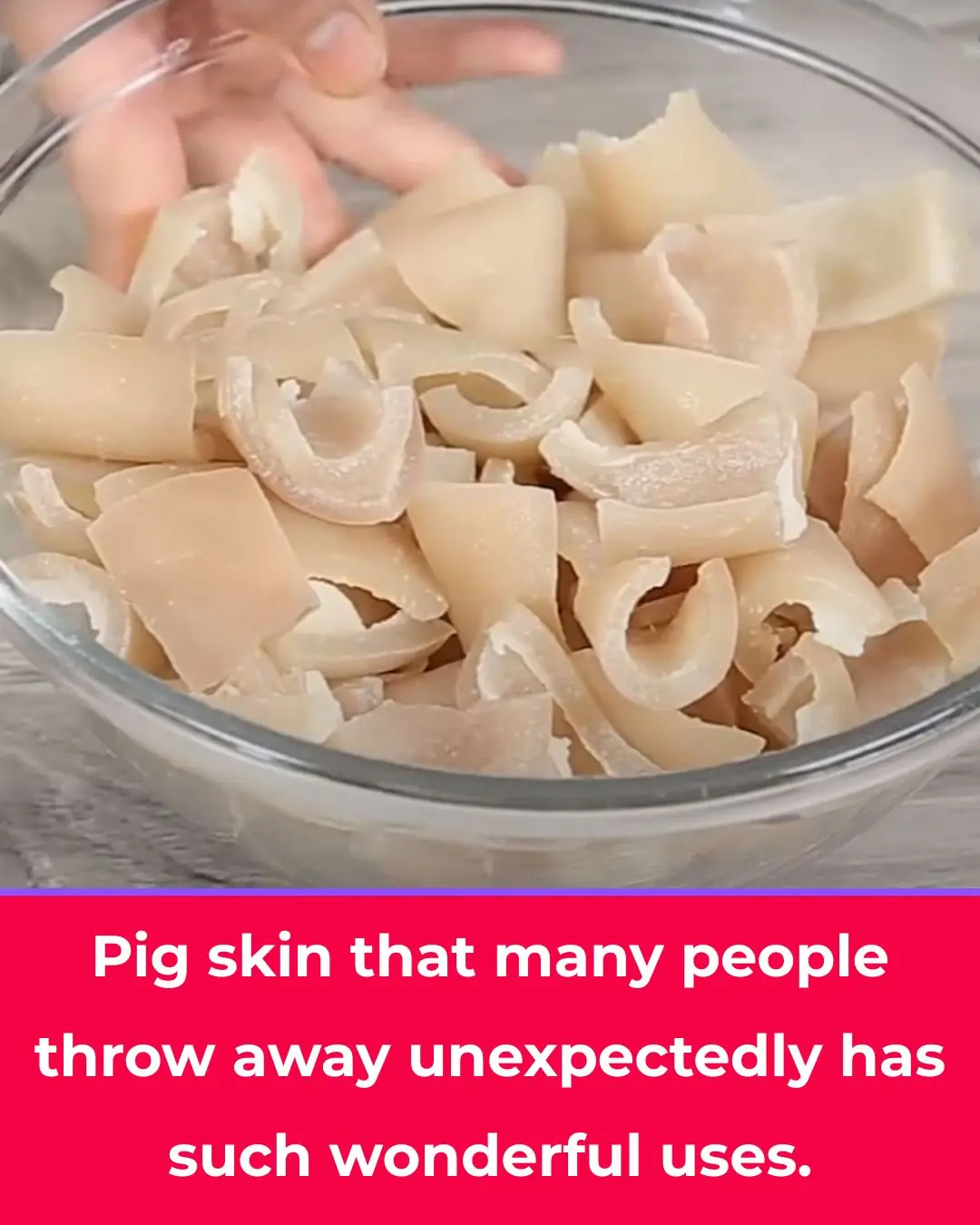
Pig skin that many people throw away unexpectedly has such wonderful uses
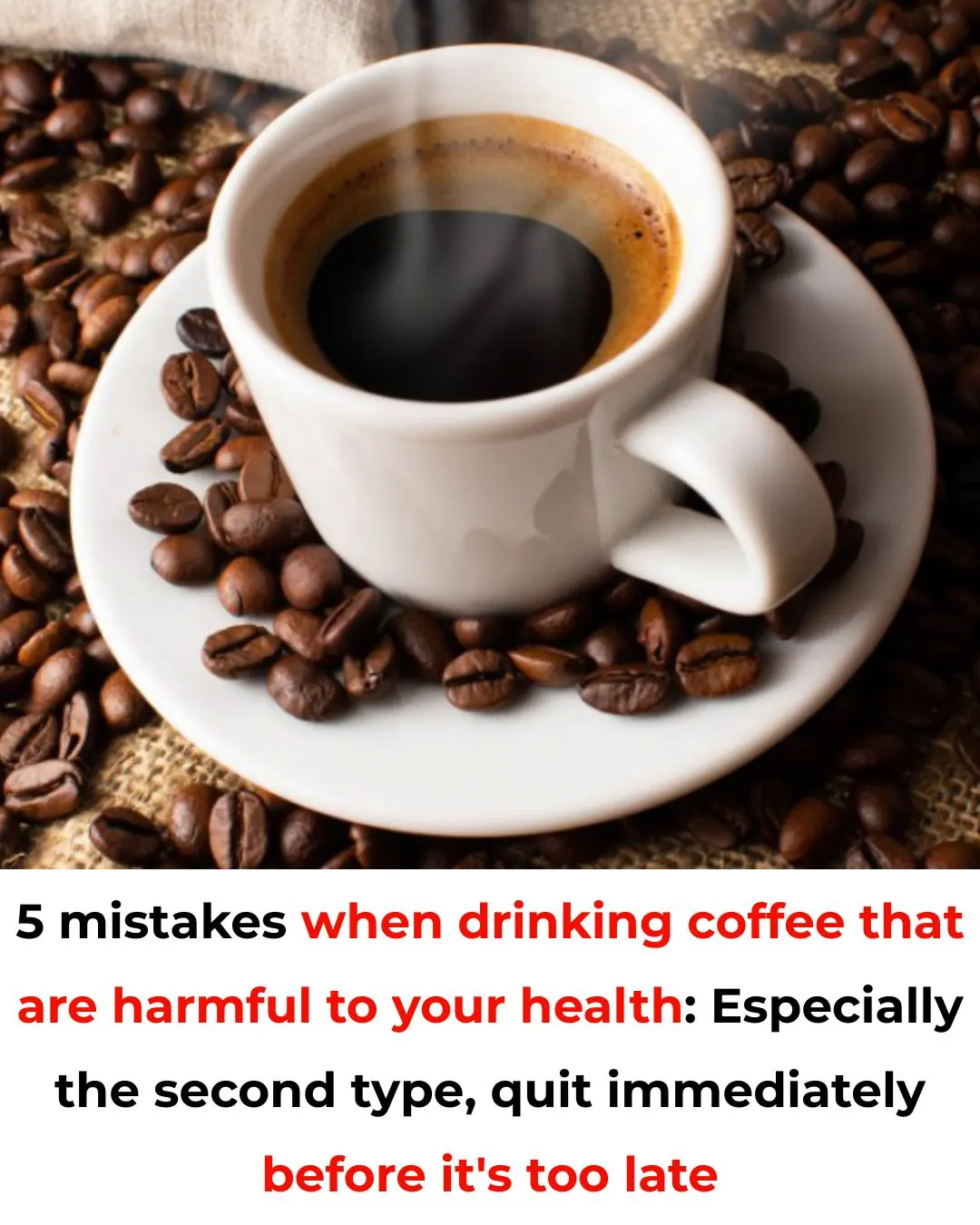
5 mistakes when drinking coffee that are harmful to your health: Especially the second type, quit immediately before it's too late
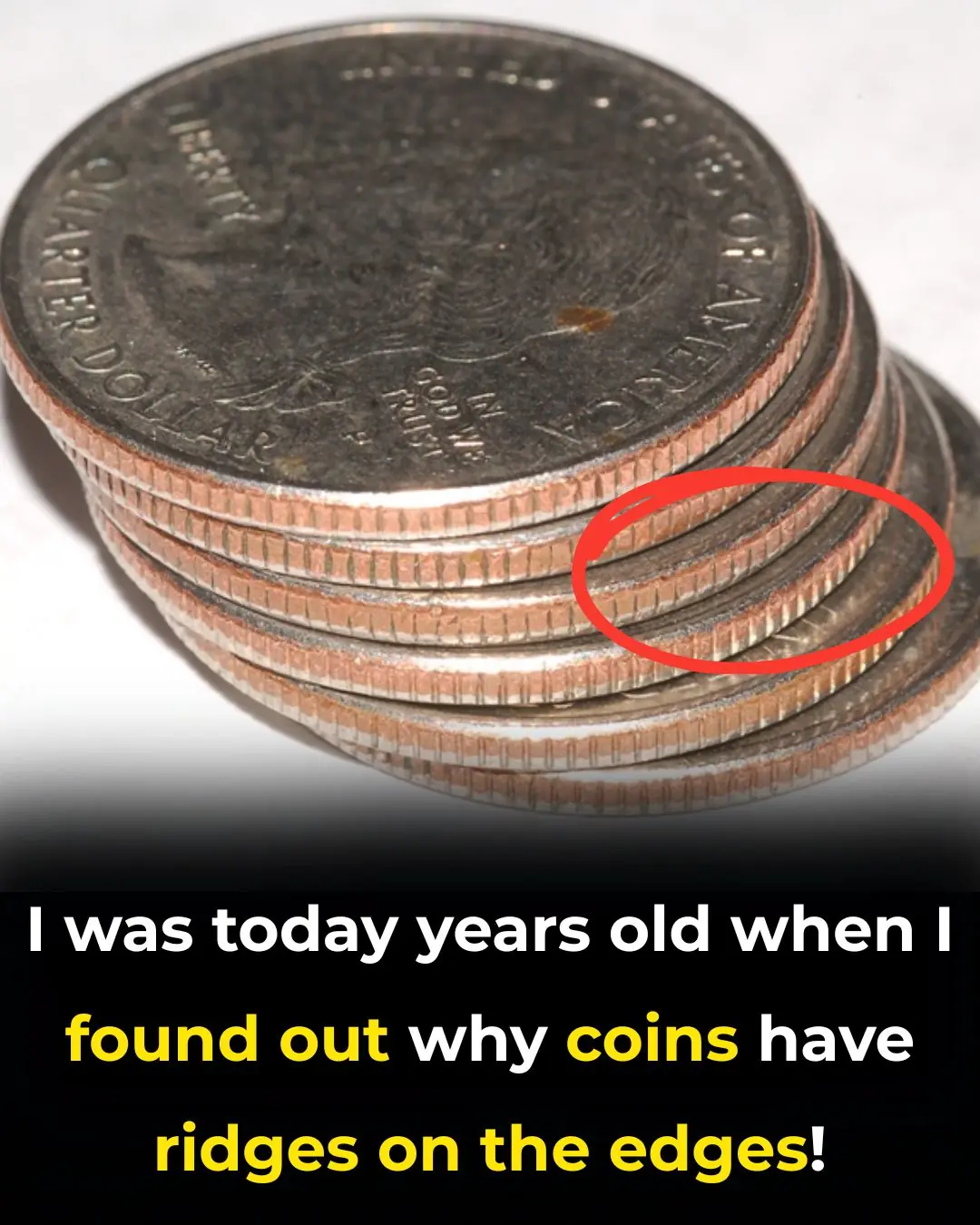
I was today years old when I found out why coins have ridges on the edges!
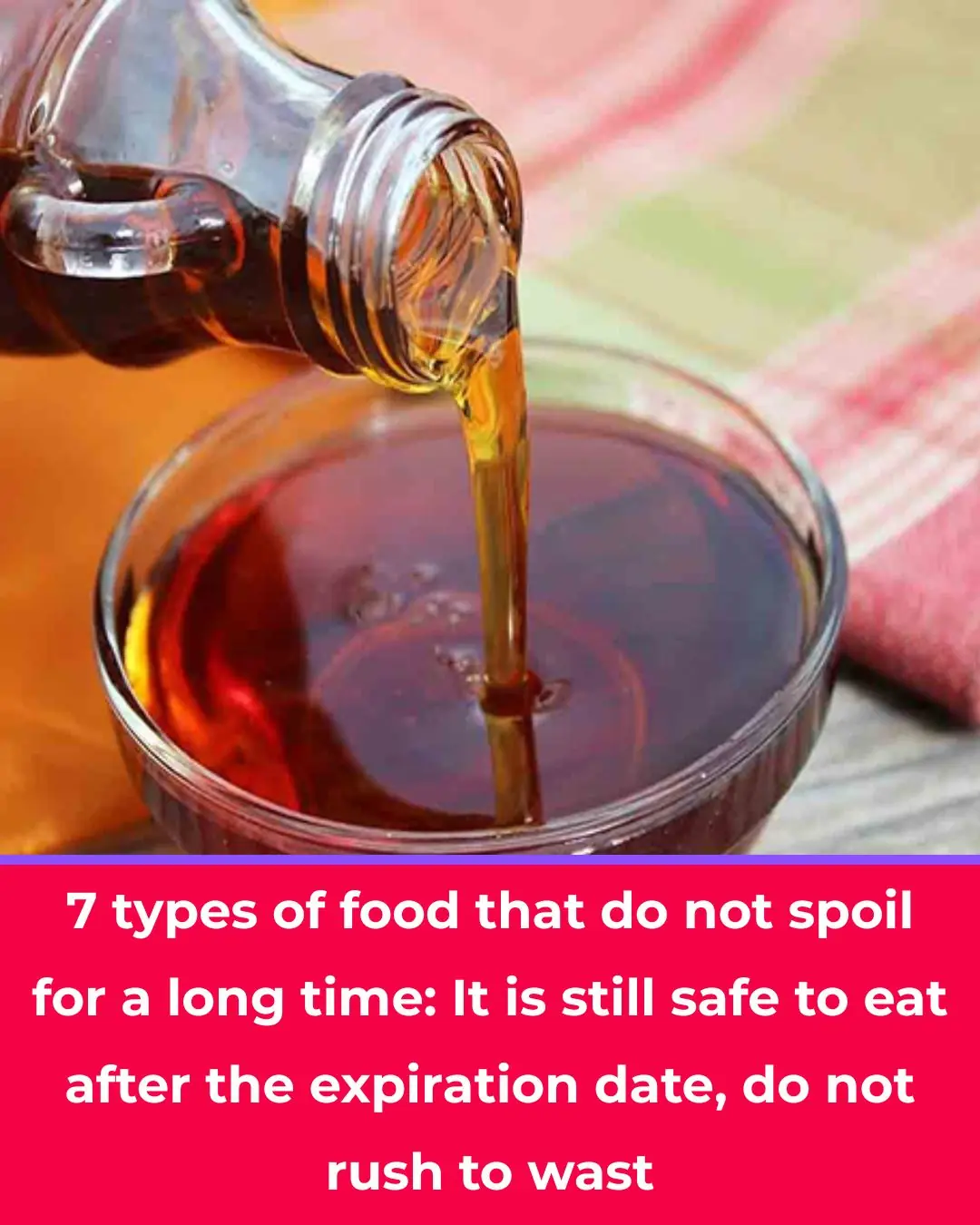
7 Foods That Don’t Spoil Easily: Still Safe to Eat Even After the Expiry Date
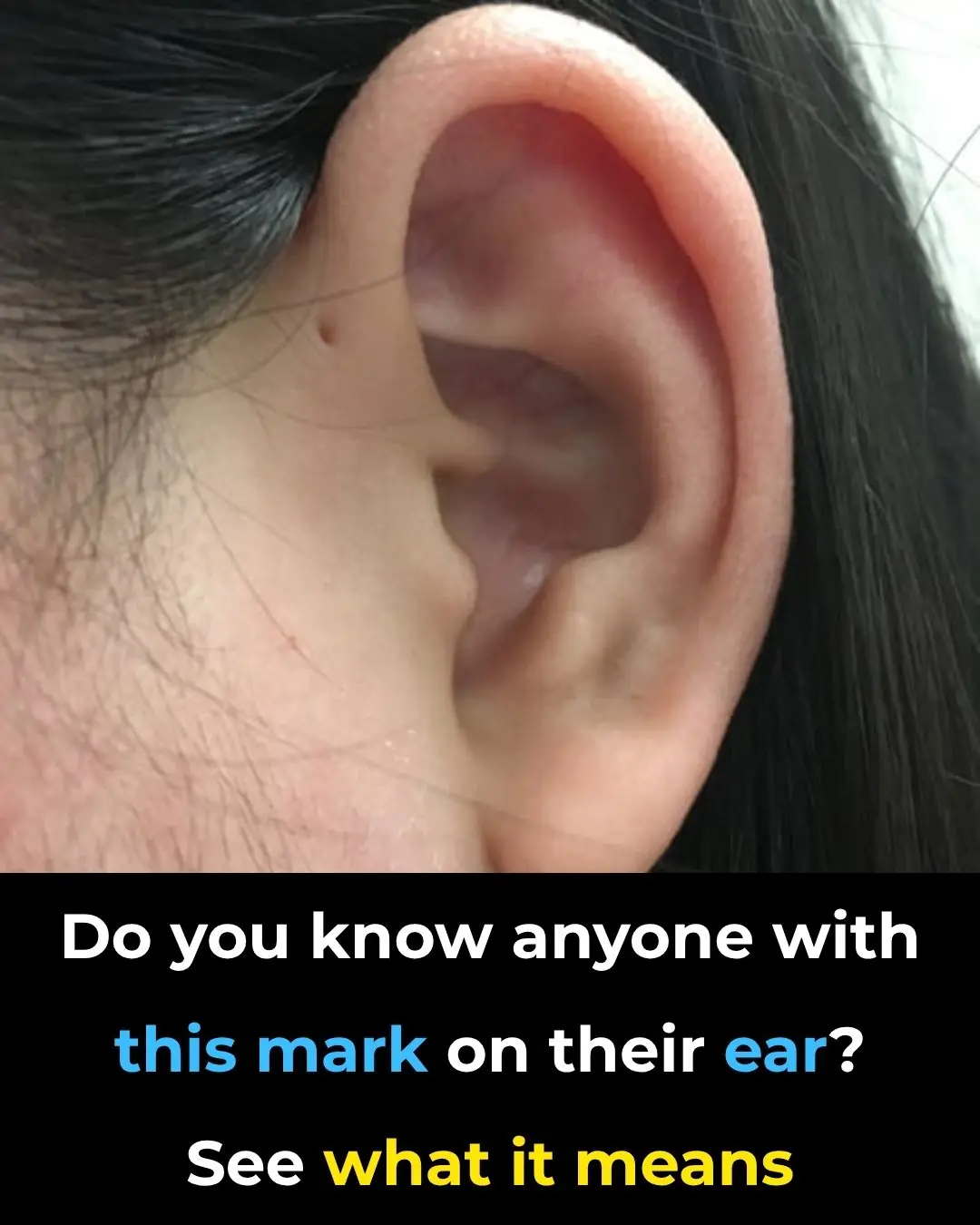
Here is what this little hole on the ear mean
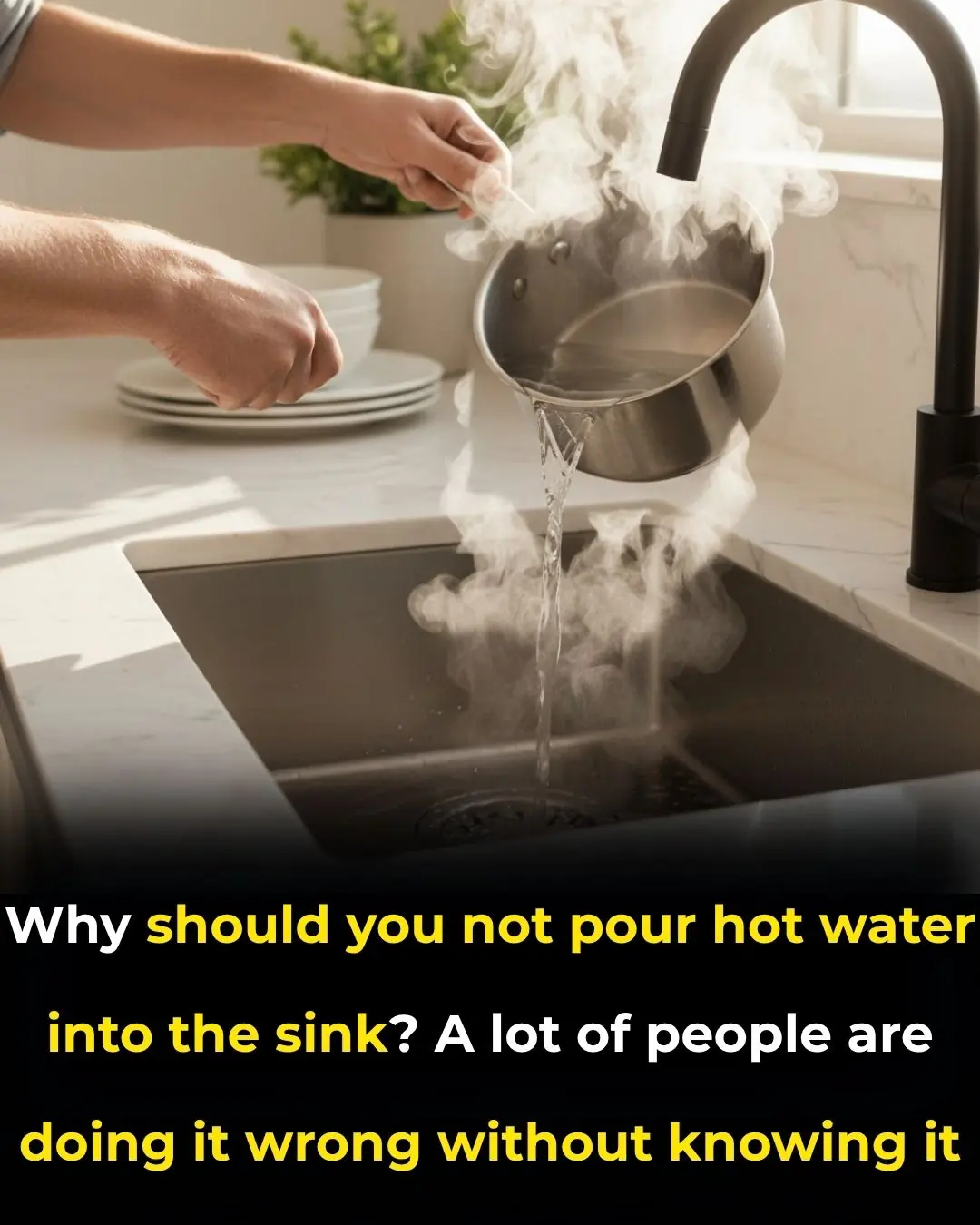
Why You Should Never Pour Hot Water Into The Sink
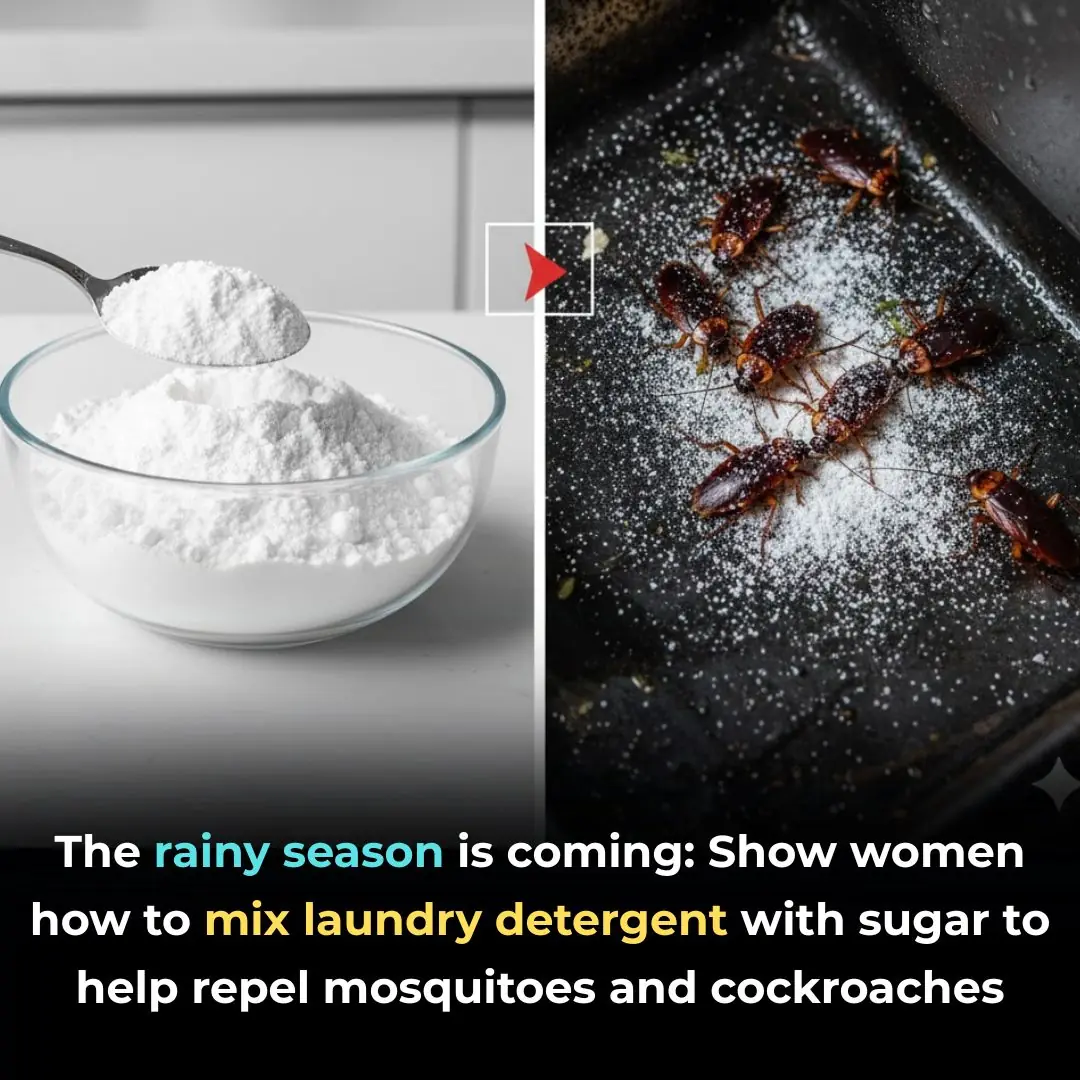
The rainy season is coming: Show women how to mix laundry detergent with sugar to help repel mosquitoes and cockroaches
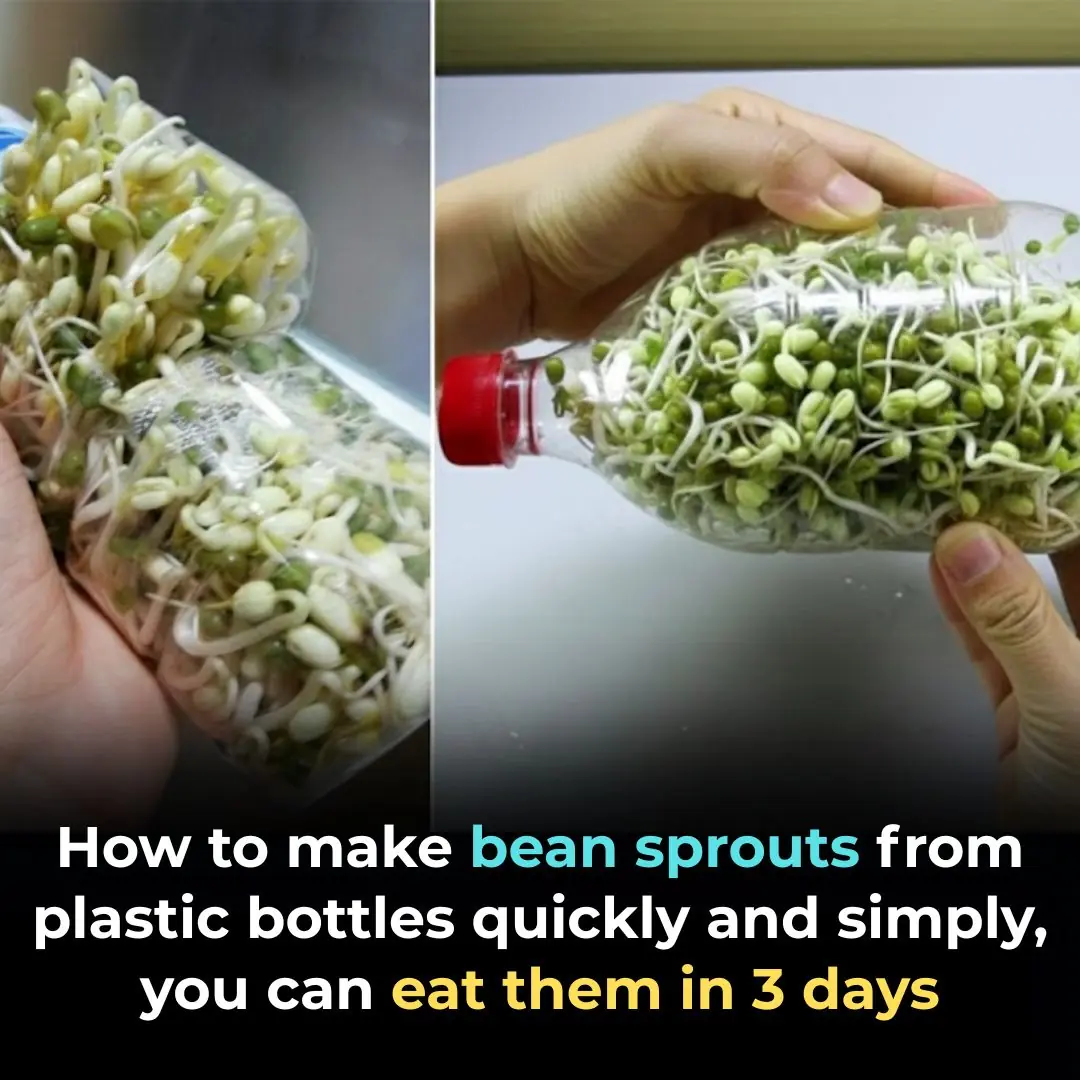
How to make bean sprouts from plastic bottles quickly and simply, you can eat them in 3 days
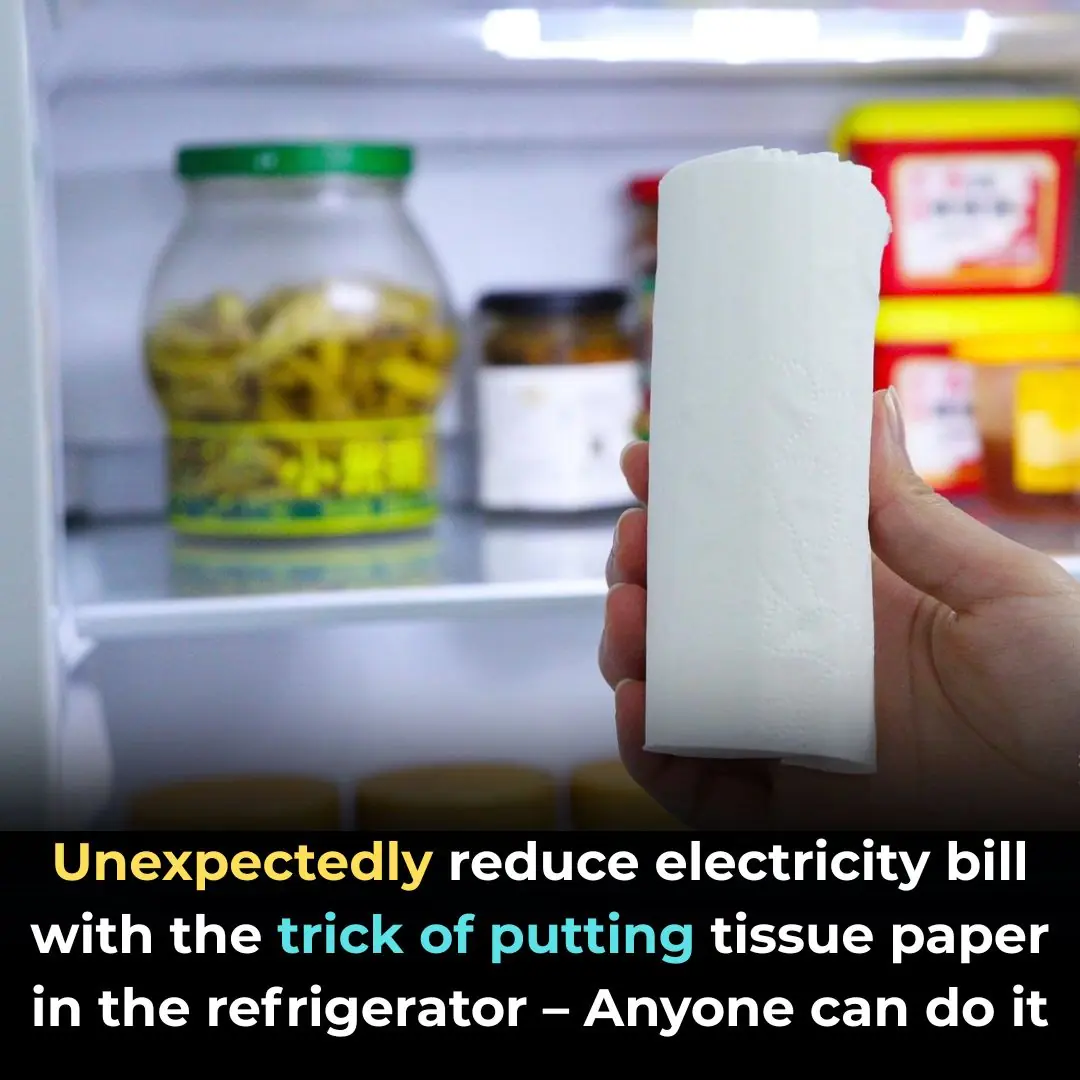
Unexpectedly reduce electricity bill with the trick of putting tissue paper in the refrigerator – Anyone can do it

Super cheap, super clean drain cleaning tips using only ingredients in the kitchen without needing a plumber
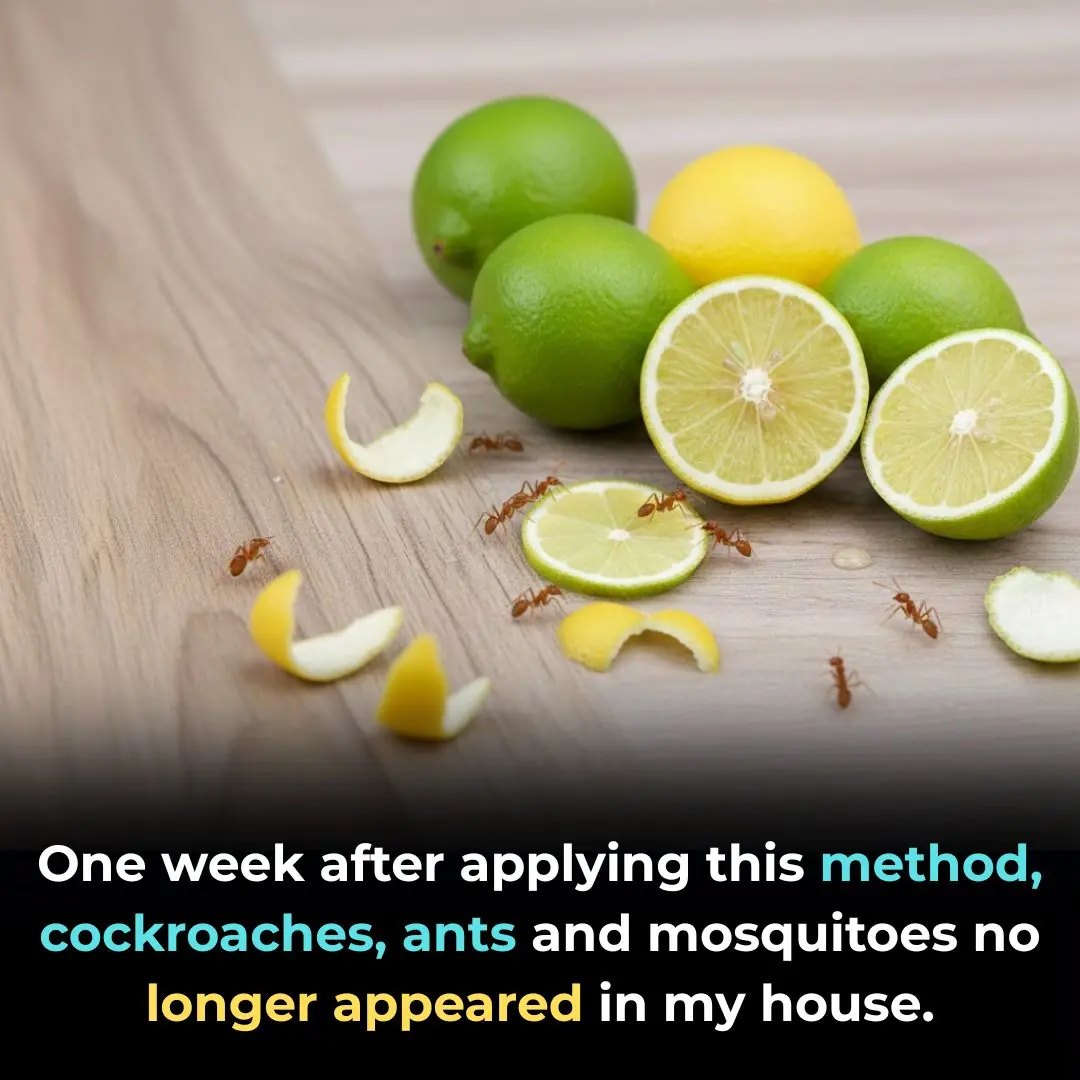
One week after applying this method, cockroaches, ants and mosquitoes no longer appeared in my house.

Just look at this point on the crab shell, 100% meat is enough to fill your teeth, husband and children praise it endlessly
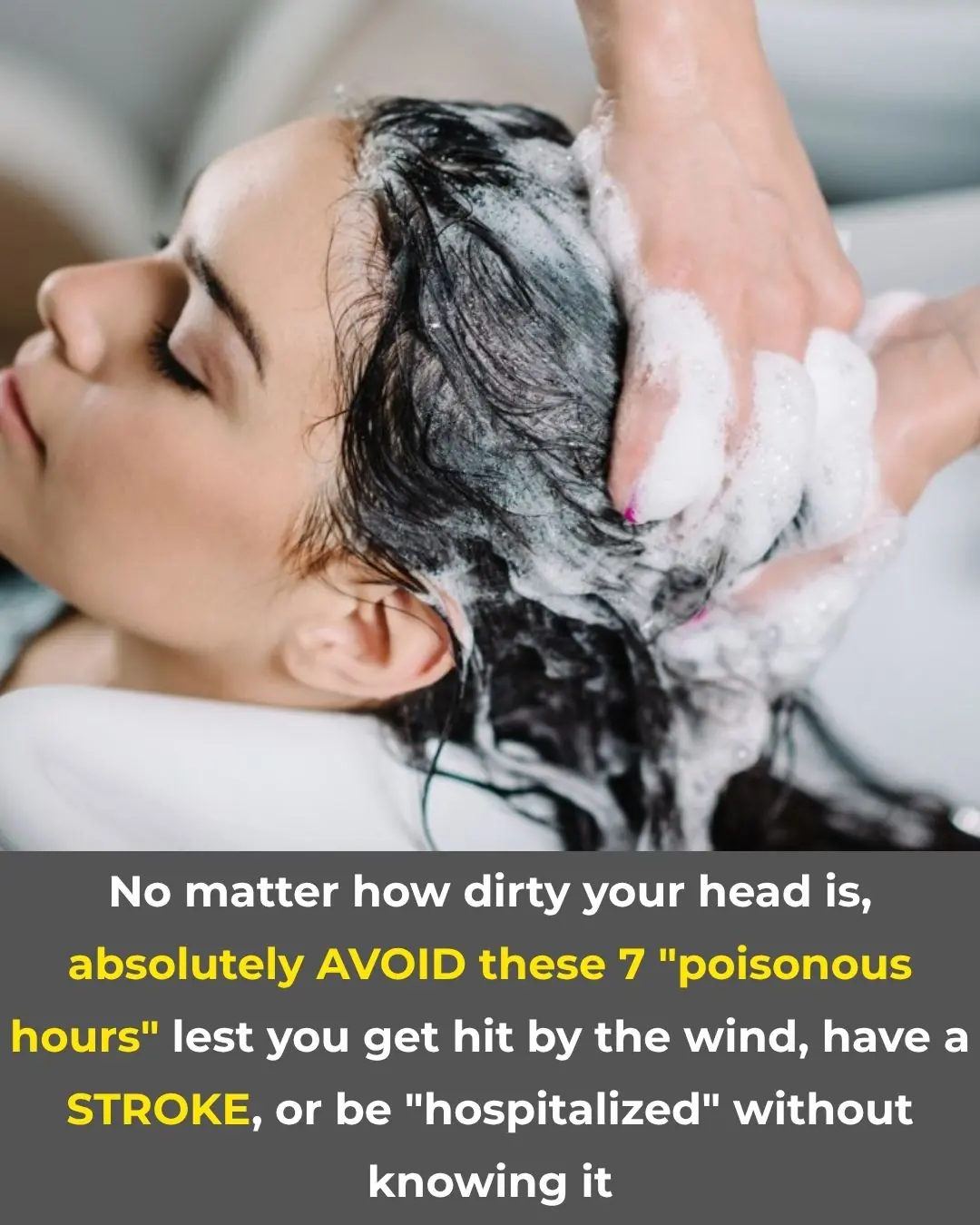
No Matter How Dirty You Are, Absolutely AVOID These 7 “Dangerous Hours” When Washing Your Hair to Prevent Stroke, Sudden Illness, or Hospitalization Without Warning
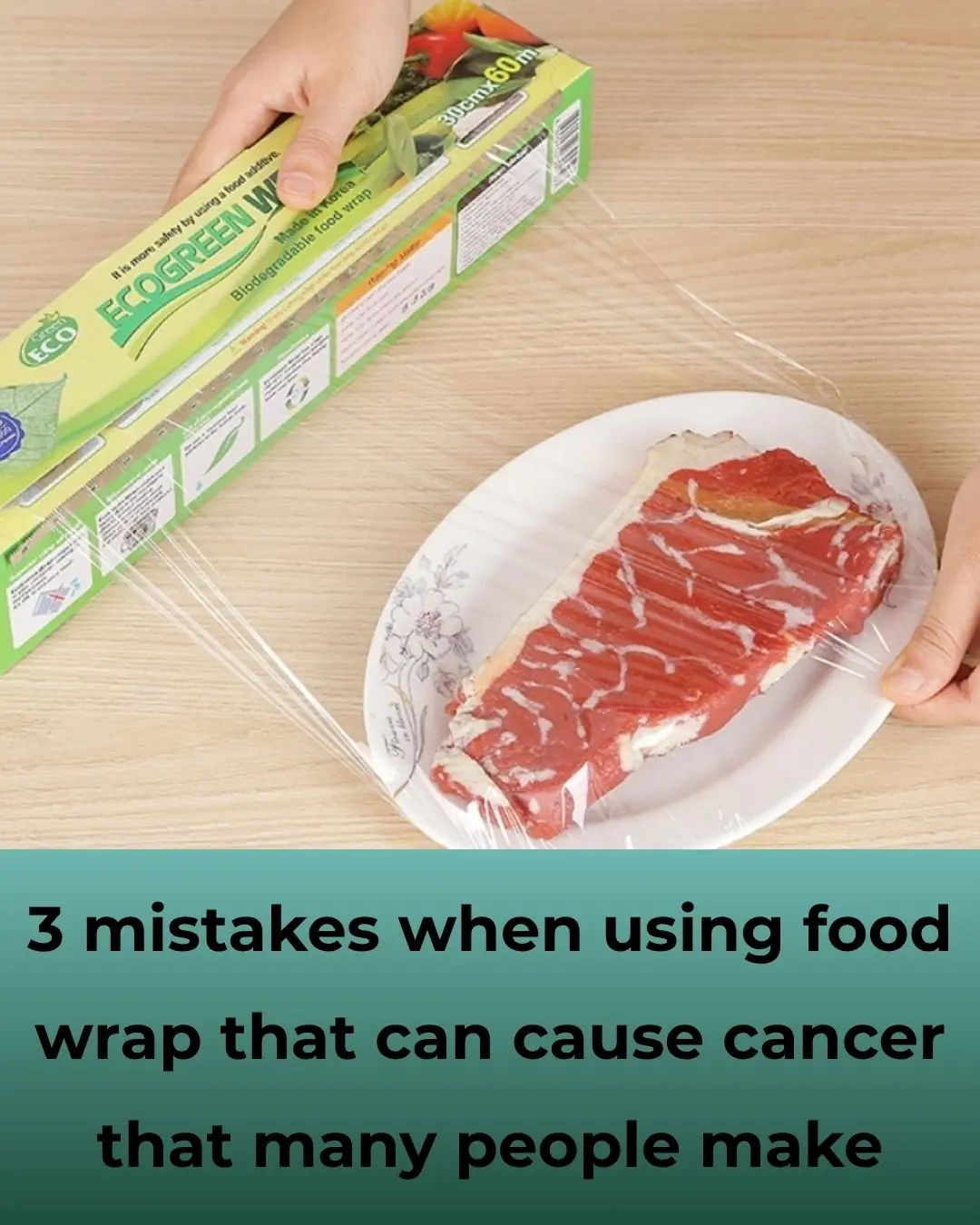
3 Common Mistakes When Using Plastic Wrap That Can Cause Cancer and Are Often Made by Many People

What Do Vertical Nail Ridges Mean After 40

What Your Favorite Ice Cream Flavor Says About You
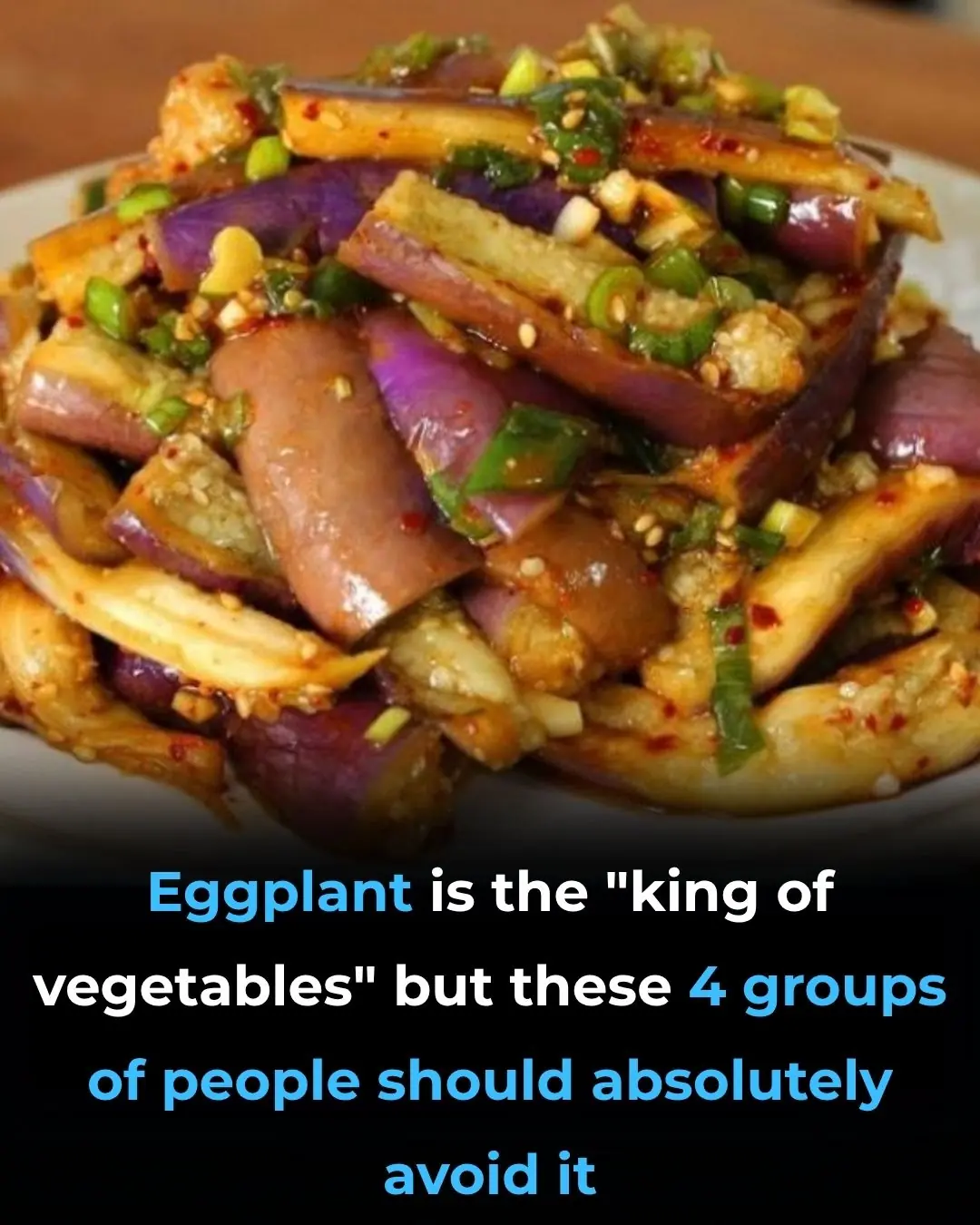
Eggplant The King of Vegetables
News Post

The Man on the Barn Roof: A Quiet Story of Loyalty, Work, and Grace.

Back on the Bench: An 85-Year-Old Man’s Remarkable Return to His Park and His Pups

Through a Dog’s Eyes: The Unconditional Love We Rarely Stop to See

Papa’s Soft Side: Bruce Pearl’s Greatest Legacy Isn’t on the Court

Raja the “Tax Collector”: Sri Lanka’s Gentle Giant Who Stops Cars for Snacks.

One Year of Courage: Branson’s Brave Battle.

Tala’s Second Chance: Fighting for Life Against All Odds
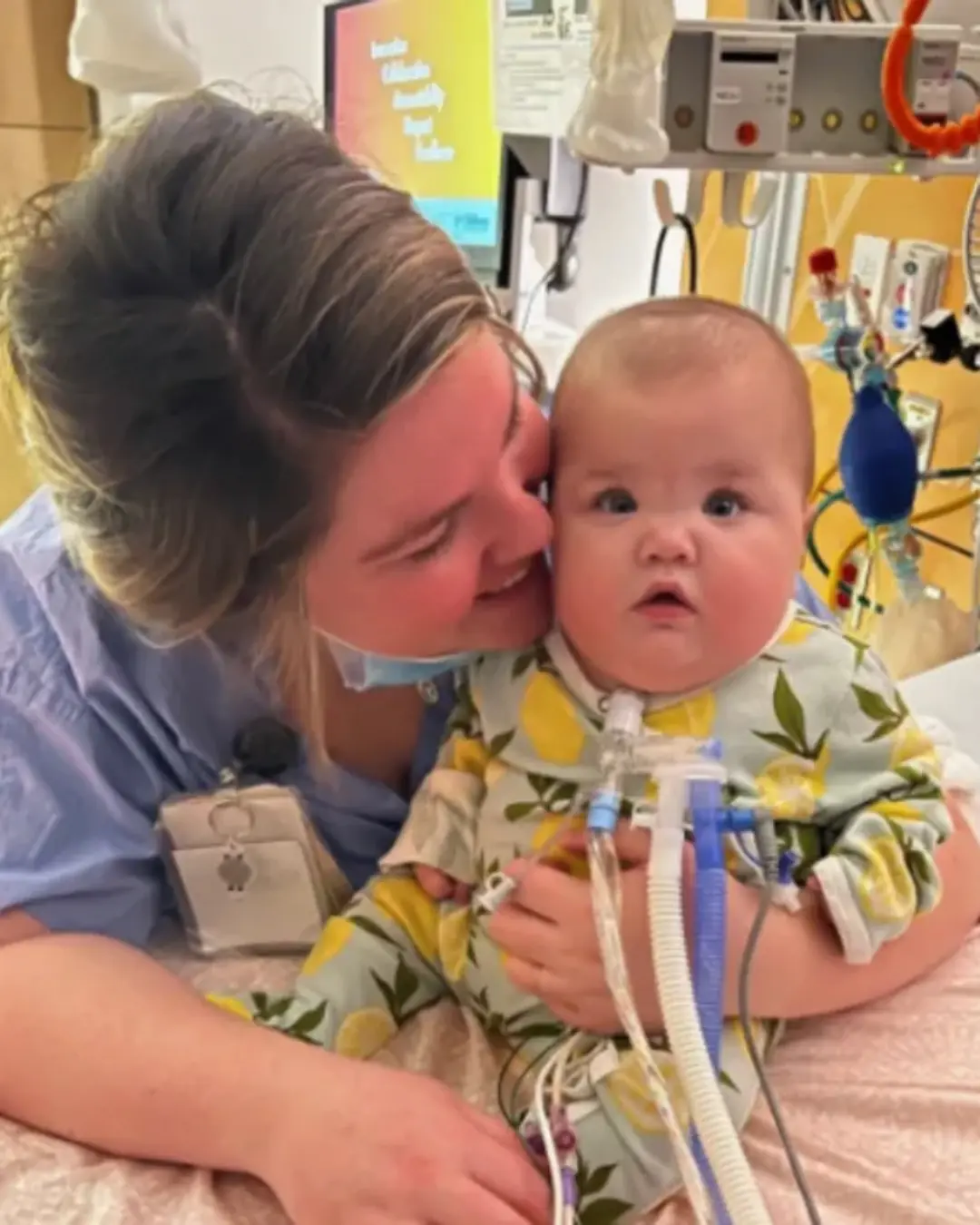
From Patient to Daughter: The Miracle of Ella.

The Promise He Kept: A Teacher, a Dress, and a Second Chance.

The Woman Behind the Green Face: Margaret Hamilton’s Quiet Legacy.

A Boy, a Dog, and the Courage to Care 💛🐾

I Went to Pick Up My Wife and Newborn Twins from the Hospital — I Found Only the Babies and a Note

Father Finds out His Twin Sons Are Actually His Brothers — Story of the Day

78-Year-Old Woman Returns from Nursing Home to Her House – Only to Find a Mansion with Changed Locks in Its Place

My Wife and I Went to an Orphanage to Adopt a Child and Found a Girl Who Is a Carbon Copy of Our Daughter
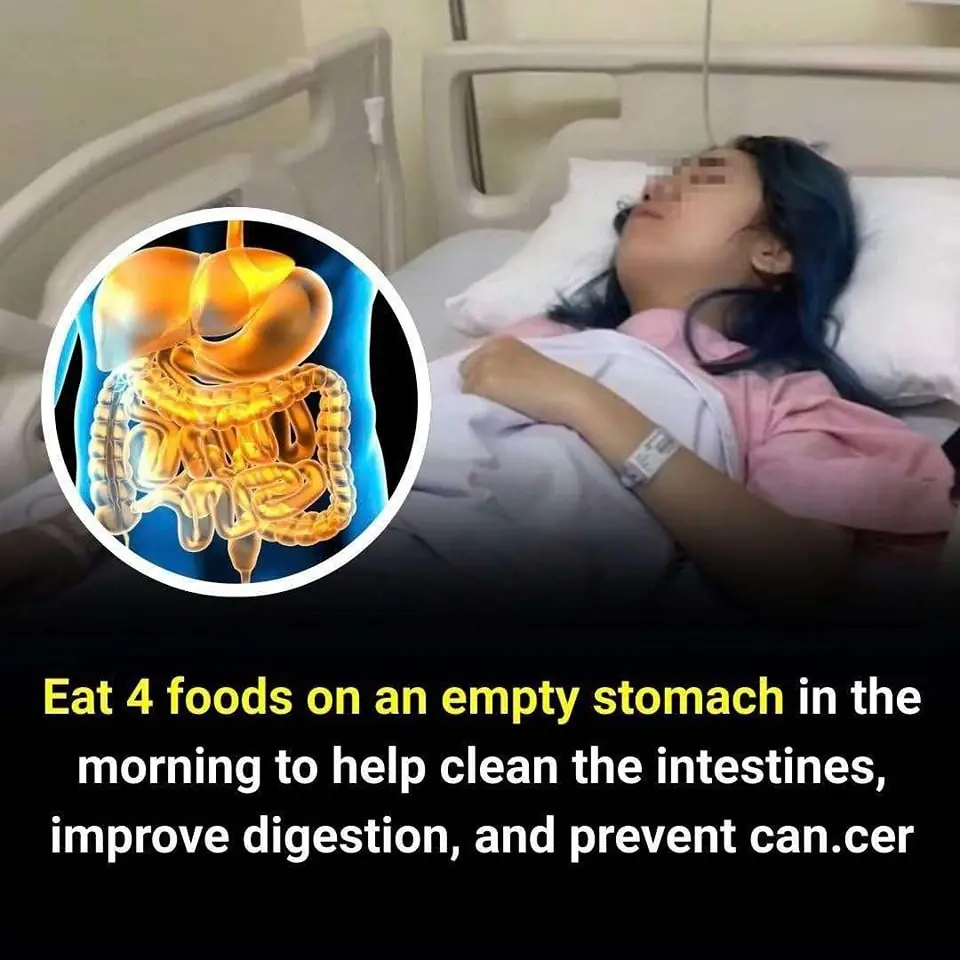
4 foods to eat on an empty stomach in the morning to cleanse the gut, boost digestion, and lower cancer risk

7 Ways to Repurpose Eggshells for a Greener Home and Garden

The One McDonald’s Burger That’s Always Cooked Fresh
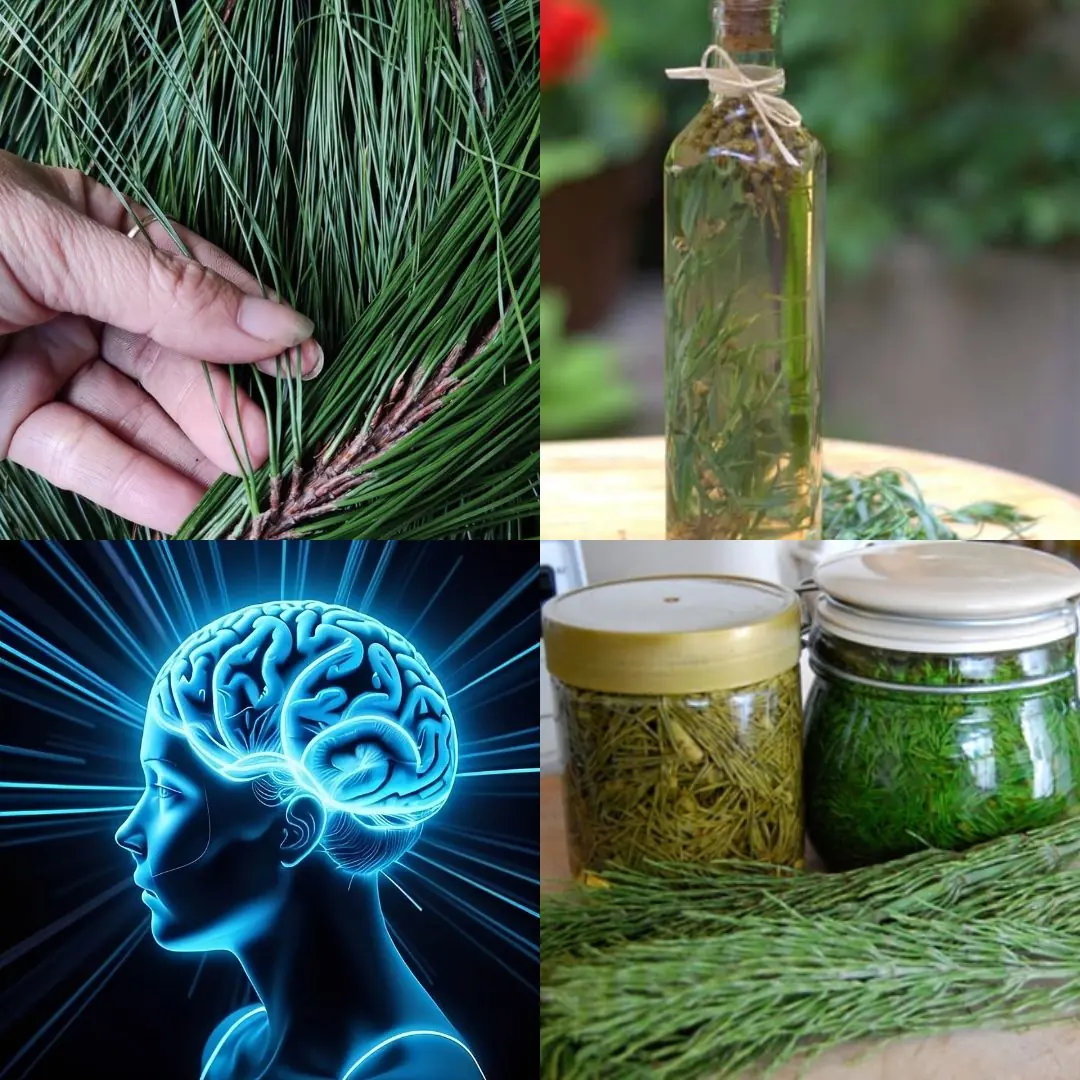
Pine Needle Sprite: A Refreshing Homemade Fermented Drink
